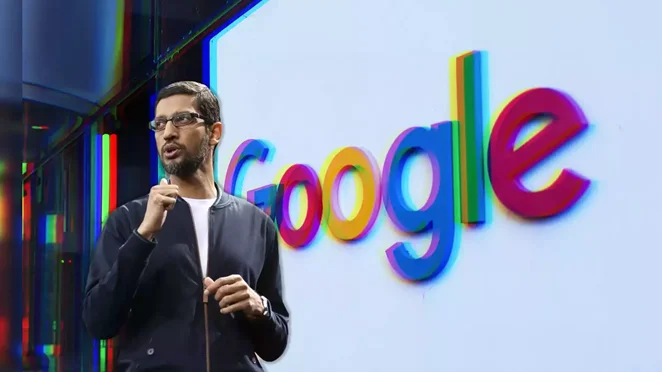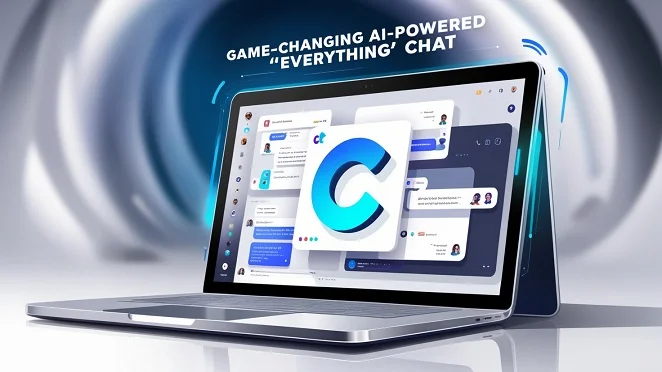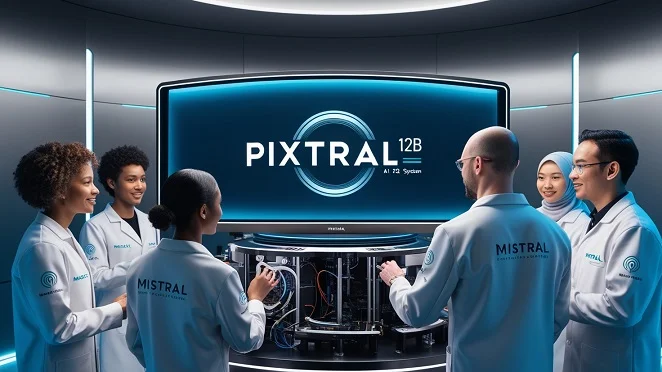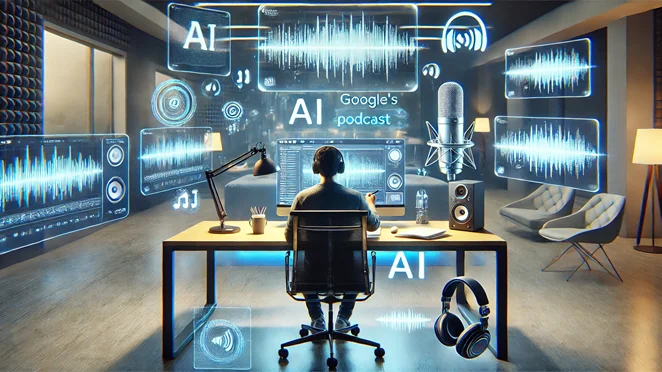
Google, The world’s largest search engine, is facing a major threat from the advancement of Generative AI. It is in search of a strategic move that will blow the mind and put a major impact on its competitors.
For years Google has been a powerful search engine with a $175 billion business. With 90% of the global search volume, it is now facing a threat from the advancement of Generative AI and chatbots like OpenAI’s SearchGPT prototype.
A major challenge came with Microsoft’s investment of $13 billion in Open AI and Apple’s decision to integrate ChatGPT with Siri. This intense pressure is pushing Google to act decisively.
From the start, Google stood out for its user-friendly interface and powerful algorithms. It made finding information easy with just a click, outshining its competitor Yahoo. With its ability to efficiently index vast amounts of data, Google quickly grew into a dominant search engine.
Gen AI technologies are now on the scene, revealing the limitations of Google’s traditional search models. Tools like ChatGPT can handle user requests in a single prompt, delivering direct answers rather than requiring users to sift through multiple links—something traditional search engines are known for.
This major change in user behavior put Google’s established model in trouble. The model was its major strength at some time. New competitors like Perplexity, a $1 billion startup supported by Jeff Bezos, are quickly gaining ground.
These tools provide straightforward answers to user’s queries instead of multiple links which is Google’s way of working. Moreover, interruptive ads further stress users’ experience causing them to shift towards competitors.
This major shift challenges Google’s core business model. This heavily depends on advertising revenue from websites. In the second quarter of this year, Google Search brought in $48.5 billion of Alphabet’s $84.7 billion revenue.
Putting an extra dose of stress, licensing deals between OpenAI and big publishers like the Financial Times and Associated Press could limit content on Google, threatening its lead.
Google’s relationship with content creators has been rocky, with many publishers unhappy about how their content is used. If AI platforms land exclusive deals, users might turn to other sources, weakening Google’s appeal.
Amid these challenges, Google has cautiously added Gen AI features like summaries to search results. Critics say its focus on protecting its search dominance makes it reluctant to risk its profitable business.
A key question is whether Google should follow OpenAI’s lead by securing more licensing deals with publishers, despite potential high costs. Google’s $1 billion pledge to news providers in 2020 and possible copyright expenses could strain its finances.
On the hardware side, Google’s new Pixel 9 smartphones with Gemini, its personal AI assistant, highlight its ability to integrate AI across devices. Meanwhile, Apple’s AI model focuses on user privacy and device-based operation.
To fully leverage its AI, Google needs to tackle organizational issues. The company’s culture of autonomy might disrupt cohesive strategy, so CEO Sundar Pichai must align teams working on search, computing, and AI under one vision.
Innovation will be key as voice search evolves. Users want faster, intuitive information access, and with the rise of smart speakers and AI smartphones, Google must lead in this area.















